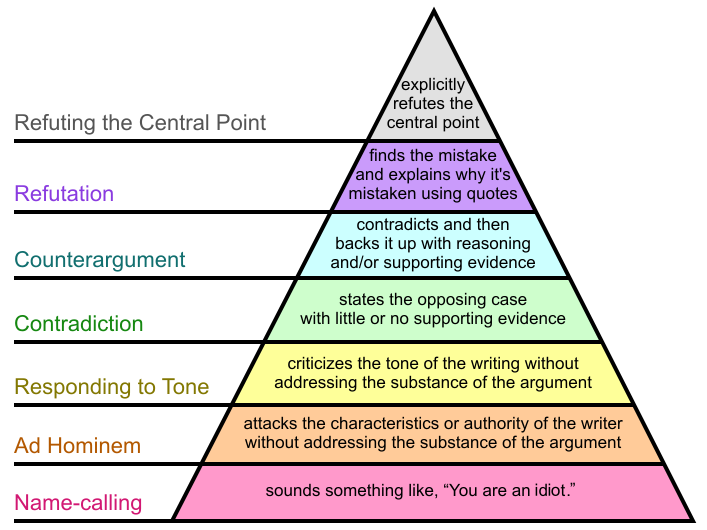Monday, June 22, 2020 4:25:02 PM
This would leave the shareholder lawsuits hanging, though. Since Treasury can settle lawsuits by converting all preferreds to common, I fail to see why Treasury would prefer to offer conversion to only a portion of the preferreds? It's far simpler and cleaner to convert all, maximizing boost to CET1, and then issue fresh common and preferreds.
1) With direct claims being dismissed in Sweeney's court, I no longer think that the court cases will be a primary driver of the conversion. A stronger reason has appeared anyway: Calabria's inclusion of a separate CET1 capital standard.
2) I agree that cleaning up the capital structure as much as possible is desirable. However, that doesn't mean that holders of FNMAO/FNMAP have to be offered a very good deal because them holding out doesn't hurt the process much due to their small chunk of the overall liquidation preference and non-existent dividend preference. I could see FNMAO/FNMAP holders accepting a conversion at 60% of par.
3) It remains to be seen if the conversion will be negotiated series-by-series by trying to get 2/3 of the holders of each series to agree, or just having a voluntary blanket offer (most likely based on dividend rate) to all holders, as with Citi. The former is good because it makes sure there are no straggling series, but bad because it is difficult to negotiate with so many different groups. The latter is good because it requires no negotiation, but bad because some holders might not accept the conversion.
Citi's conversion offer wasn't fully subscribed; the offer was made in 2009 but they didn't redeem the unconverted shares until much later. After doing a bit of research, I found that they redeemed the unconverted Series F and T shares in May of 2013 and Series AA in . At that point, $96.8M of liquidation preference existed for Series AA and $94.3M for F and T combined, while the liquidation preference of all three issues was $3.25B for Series AA, $2.9B for Series T, and $2.0B for Series F. That means that a total of 97.7% of those three series accepted the conversion ($0.1913B / ($3.25B + $2.9B + $2.0B) = 0.023).
It appears, then, that Citi's conversion offer was almost universally accepted; I didn't find info on Series E but for now it seems a safe assumption that its conversion offer was also accepted by nearly all holders. I expect the same would happen with FnF as long as the offered ratio is generous enough.
Glidelogic Corp. Becomes TikTok Shop Partner, Opening a New Chapter in E-commerce Services • GDLG • Jul 5, 2024 7:09 AM
Freedom Holdings Corporate Update; Announces Management Has Signed Letter of Intent • FHLD • Jul 3, 2024 9:00 AM
EWRC's 21 Moves Gaming Studios Moves to SONY Pictures Studios and Green Lights Development of a Third Upcoming Game • EWRC • Jul 2, 2024 8:00 AM
BNCM and DELEX Healthcare Group Announce Strategic Merger to Drive Expansion and Growth • BNCM • Jul 2, 2024 7:19 AM
NUBURU Announces Upcoming TV Interview Featuring CEO Brian Knaley on Fox Business, Bloomberg TV, and Newsmax TV as Sponsored Programming • BURU • Jul 1, 2024 1:57 PM
Mass Megawatts Announces $220,500 Debt Cancellation Agreement to Improve Financing and Sales of a New Product to be Announced on July 11 • MMMW • Jun 28, 2024 7:30 AM










